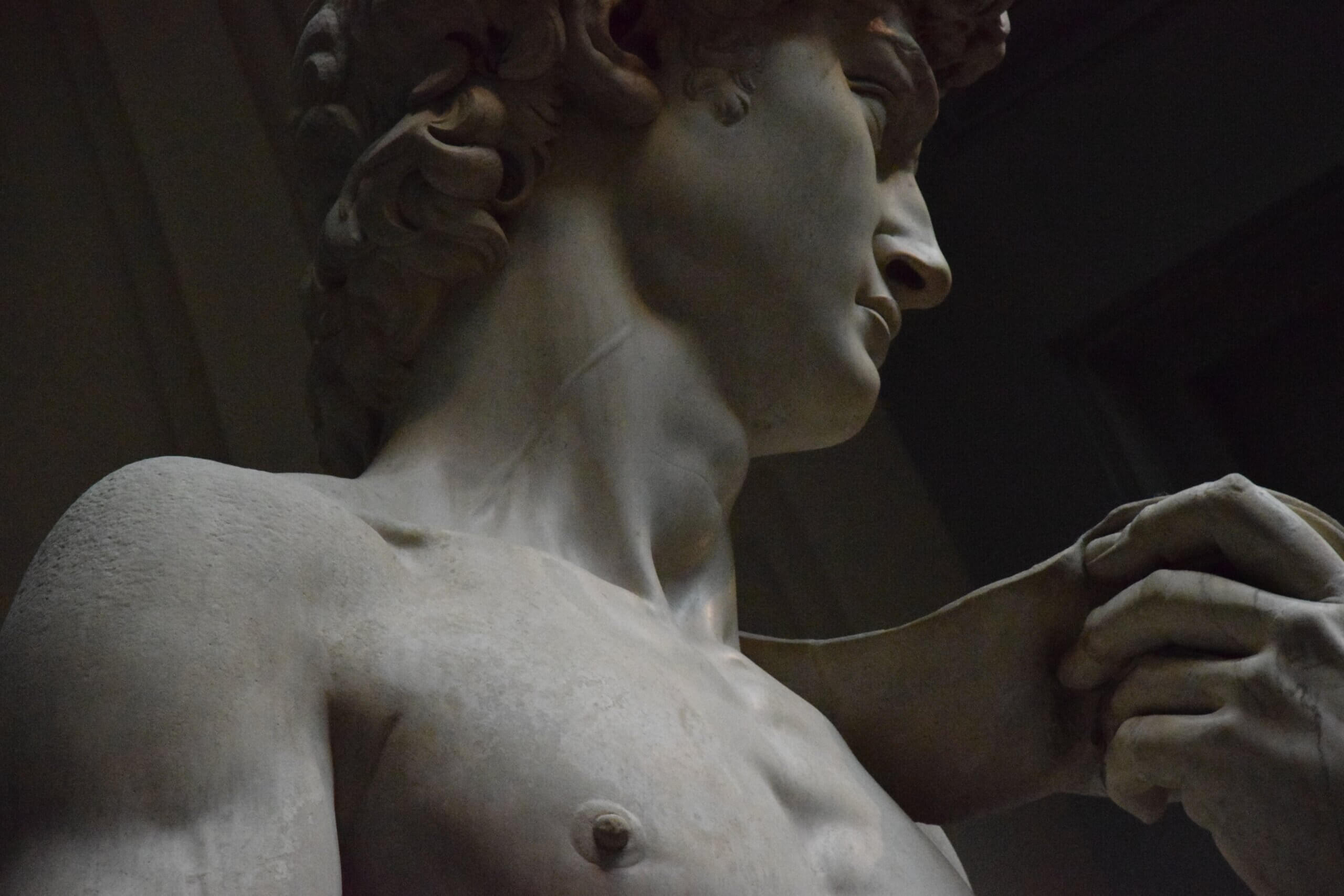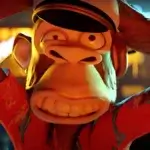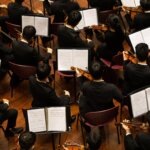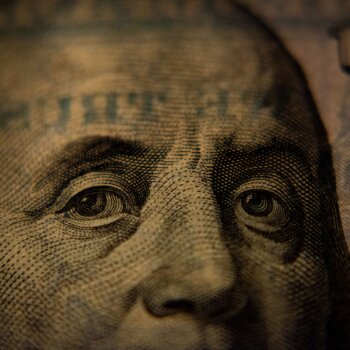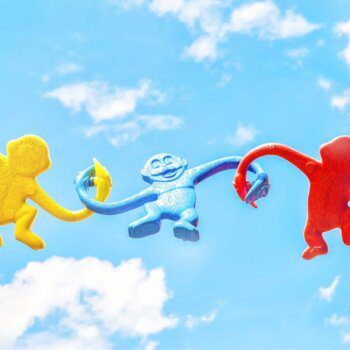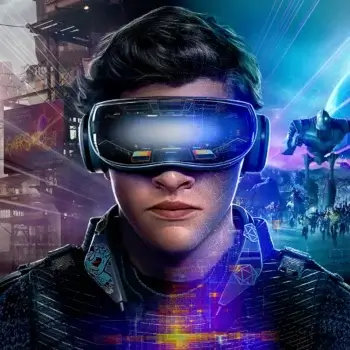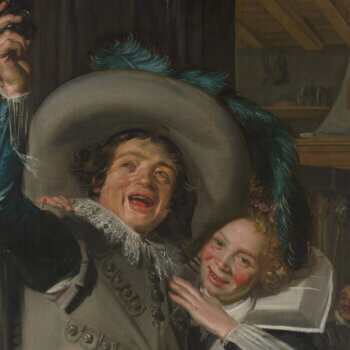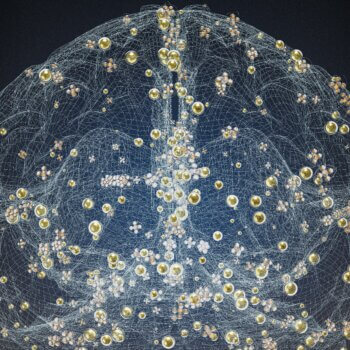Are we free or are our actions determined by the laws of physics? And how much free will do we actually want? These questions have troubled philosophers for millennia – and there are still no perfect answers.
But it turns out that a character from a children’s TV series can provide a clue. Thomas the Tank Engine, despite being a locomotive, behaves like a human. He makes decisions and choices. And he is morally responsible: when he does something wrong, he gets punished.
But look deeper and things become complicated. He is an engine. His movements are determined by the shape of the tracks, the workings of his engine and the employees of the railway. So is his free will just an illusion?
Laws of physics explain how a past event results in a future one. For example, if I put a kettle on the hob, the laws of thermodynamics determine that it will boil at a nearby point in the future. If I don’t interfere with the kettle or the hob, there is only one outcome possible: the water will start boiling.
A powerful philosophical argument against free will states that since we cannot change the past and since we cannot change the laws of physics, we cannot change the future either. This is because the future is just a consequence of the past, and the laws of physics dictate that the past will result in the future. The future is not open to alternatives.
This also applies to us: our bodies are physical objects made of atoms and molecules governed by laws of physics. But every decision and action we take can ultimately be traced back to some initial conditions at the beginning of the universe.
We might feel like we have free will, but that is just an illusion. And the same is the case for Thomas: it might seem to him like he is free, but his actions are decided by the layout of the tracks and the timetable of the railway. What he does is not open to alternatives. He is, after all, a steam engine governed by the laws of thermodynamics.
Moral responsibility
But if Thomas’ actions are not open to alternatives, why is he told off when he gets things wrong? If he were no more than a machine, would it make much sense to think he is morally responsible? After all, it would be odd to say that my kettle deserves praise for boiling the water, if it really could not have done otherwise.
The US philosopher Harry Frankfurt has developed an ingenious thought experiment to show that the future does not have to be open to alternatives for us to be morally responsible. Imagine two agents, let’s call them Killer and Controller. Controller has electrodes connected to the brain of Killer. If Killer doesn’t do as Controller wants, he switches on the electrodes – forcing Killer to obey.
Now, Controller really wants someone, let’s call them Victim, to die. So he thinks of directing Killer to kill Victim. But it turns out that Killer actually wants Victim to die as well, so she kills Victim without Controller needing to intervene at all. The electrodes remain switched off.
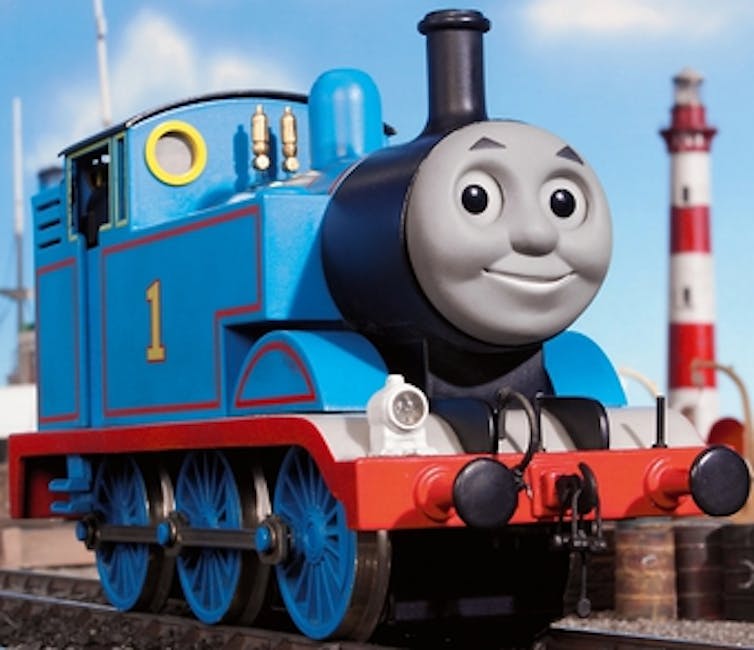
What’s the moral of the story? Although Killer’s actions were not open to alternatives (if she decided not to kill, Controller would have forced her to do so anyway), she is still responsible and punished as a murderer.
It looks like Thomas is in the same situation: when he does things within the rules of the railway, he is left to do them of his own volition. When he does not, someone intervenes: the driver, the conductor or the ominous Fat Controller. But he is still reprimanded when things go wrong. The fact that his actions are not open to alternatives does not change anything about that.
How much free will is desirable?
So how about a universe where Thomas’ future is not determined? Would he be free there?
Although we are uncomfortable about the fact that our actions might be determined, the alternative isn’t much better. A universe where the future is completely undetermined, where it is too open to alternatives, is just too chaotic. I need to know that when I put the kettle on the hob, it will boil. A universe where the water spontaneously turns into frozen orange juice isn’t one where most of us would want to live.
And the same is true of Thomas. If Thomas was allowed to leave the tracks, fly off into the air, or if his steam engine did not follow the laws of thermodynamics, his universe would not function.
His character captures our intuitions about free will. We need choice and moral responsibility, but we do not want our actions to be completely undetermined. We want our free will to be somewhere between full determinism and complete randomness.
